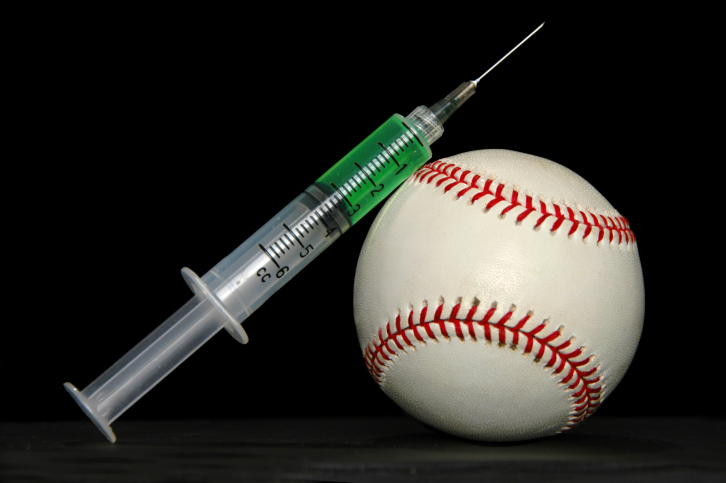Victory At All Costs
The affects teen doping has on the mind and body
February 4, 2019
In sports, the drive and desire to win is intense, and everyone loves a good victory. So it’s no surprise that as many as 1 in 20 teens reports to using steroids to increase and enhance their athletic performance.
The use of performance-enhancing drugs is on record as early as 1904 during the games of the third Olympiad, when Thomas Hicks won the marathon after receiving an injection of strychnine in the middle of the race.
In an attempt to win, many young athletes often end up losing. Big time. This happens when performance-enhancing drugs become a part of a teen athlete’s training regimen. Lance Armstrong’s recent public fall from grace has highlighted how winning in the moment means nothing in the long run when the victory is attained by cheating. Not only does the use of performance-enhancing drugs destroy an individual’s credibility and reputation, but it wreaks havoc on their body and overall health.
Among teens, common performance-enhancing drugs and supplements include creatine, Anabolic Steroids and steroid precursors. Creatine is a naturally occurring compound in the body that’s also sold as an over-the-counter supplement. It’s used to improve performance during high-intensity bursts of activity and to help increase muscle mass and strength. Anabolic steroids are synthetic versions of the hormone testosterone. Like Creatine, they are also used to build muscle and increase strength. Steroid precursors, such as androstenedione (“andro”) and dehydroepiandrosterone (DHEA), are substances that the body converts into anabolic steroids. They’re used to increase muscle mass as well. Most steroid precursors are illegal without a prescription. DHEA, however, is still available in over-the-counter preparations.
Steroids and their precursors can have severe, long-lasting health effects. In growing adolescents, one of the major risks of using anabolic steroid precursors is the permanent stunting of height. Other side effects include blood-clotting problems, high blood pressure and cholesterol, Liver problems, and mood swings. Creatine can also cause nausea, abdominal pain and kidney damage.
Steroids can also have serious psychological side effects. Some users may become aggressive or combative, believe things that aren’t true (delusions), or have extreme paranoia. People who use steroids also appear to be at higher risk for using other drugs, such as alcohol or cocaine, often to counteract some of the negative effects of steroids.
Anabolic steroid use is illegal and banned by professional sports organizations and medical associations. In spite of this, some athletes continue to take steroids because they think it gives them a competitive advantage. As seen in high-profile cases, if an athlete is caught using steroids, his or her career can be destroyed.
When it comes right down to it, harming the body or getting disqualified aren’t smart ways to try to improve athletic performance. Being a star athlete means working hard and training the healthy way: eating the right foods, practicing and strength training without the use of drugs.







